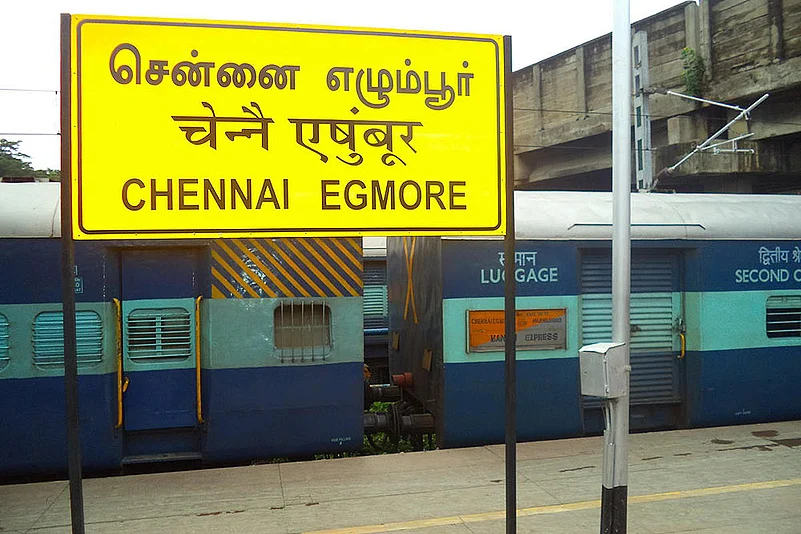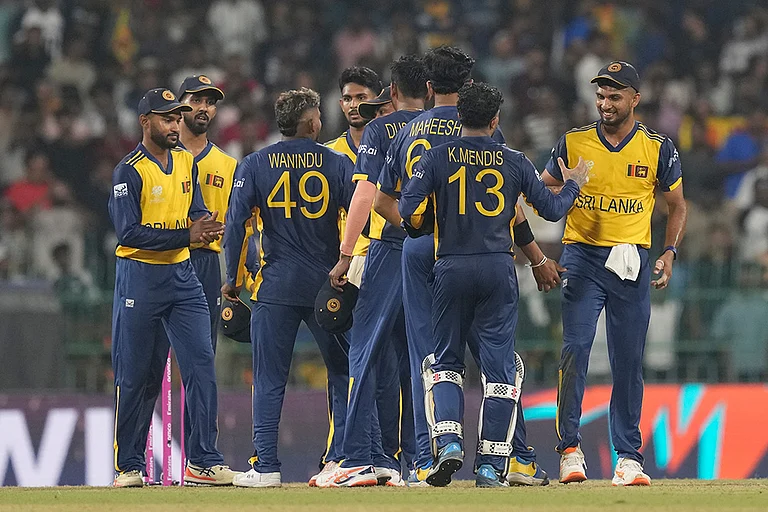Almost 24 years since Madras bowed out to Chennai—people still pick bones over it—there was another mad rush for changing place names in Tamil Nadu to appeal to nativist sentiments and thereby score an easy political point. The majority supported the state government’s move this June to rename 1,018 cities, towns and localities to sync with their Tamil phonetic names rather than their Anglicised versions. Yet, the strangest thing transpired—probably the first time a government did a U-turn following objections from “only 10 per cent that did not speak Tamil”. Tamil development minister K. Pandiarajan said as much after the order was withdrawn.
The government announced its plan on June 11, by which Egmore became ‘Ezhumboor’, Coimbatore became ‘Koyampuththoor’, Saidapet became Saithappettai, VOC Nagar in north Chennai was renamed Va Oo Si Nagar and so on. Though the order was dated April 1, the announcement in June drew flak from the public, language experts and historians for being a pointless exercise amidst a pandemic which the government could scarcely control.
In truth, the state government had no answer to pointed questions if it would spend millions to repaint all signboards, reprint all government stationery and school text books and change all spellings in government websites, especially of the registration department. It was also at a loss for words when asked why, by the same logic, Tamil Nadu had not been changed to ‘Thamizhnaadu’.
Experience has shown that it is impossible to reproduce the Tamil syllable ‘zha’ with an exact English equivalent, leading it to be mispronounced as ‘za’ by non-Tamils. For that matter, most Tamils themselves fail the test, as it requires the tongue to be rolled back and touch the soft upper palate of the mouth—most take the easy way out and pronounce it as ‘la’. Even if Egmore in Chennai is renamed ‘Ezhumboor’, Tamils would only end up calling it ‘Elumboor’, which would then mean “a place with bones” and not “the seventh village” that the British had acquired.
Pandiarajan explained that the order was being withdrawn only to address inconsistencies in spellings that had been pointed out as three different protocols were followed in the renaming exercise. “We will absorb all the feedback and reissue the order with correct spellings,” he declared.
The panel that had recommended the new names had Tamil language experts with little experience in transliteration from other languages. Also, two Central departments—railways and postal—that would be most impacted were not consulted. “From signboards in stations to name boards on trains and ticketing software, everything has to be changed,” pointed out a railway official.
By G.C. Shekhar in Chennai


























